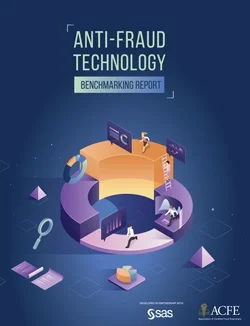Analytics, Ethical AI and the Future of Fraud Detection
/At the 2025 ACFE Women’s Summit, Ivy Munoko led a panel discussion with Angela Kroboth, Kennedy Meda and Linda Miller to examine how to harness both human expertise and robust data to keep pace with evolving fraud trends, while also identifying emerging threats before they take shape. Their discussions centered on responsible and ethical approaches to advanced analytics and machine learning, ensuring every anti-fraud professional can face problems with greater confidence and peace of mind.
Read More








